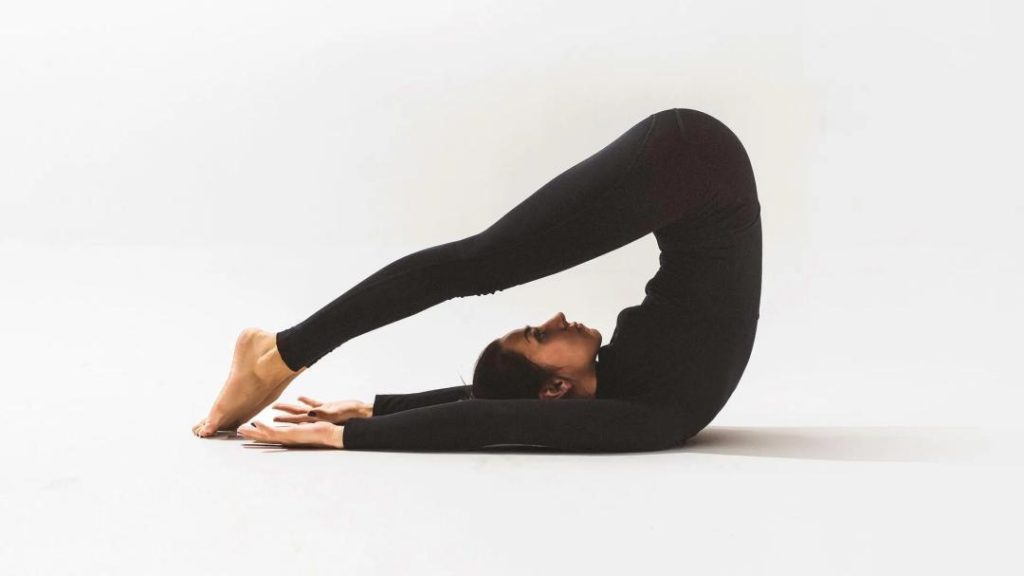
Yoga Improves Sleep Quality the Most, Study Finds
Sleep is an essential aspect of our daily lives, and a good night’s sleep is crucial for our overall health and well-being. However, many of us struggle with sleep disorders, which can have a significant impact on our quality of life. In recent years, there has been a growing interest in the role of exercise in improving sleep quality, and a new study has shed some light on the most effective form of exercise for this purpose.
The study, published in the journal Sleep and Biological Rhythms, analyzed the results of 30 randomized controlled trials to determine the effects of different exercises on sleep quality. The researchers found that high-intensity yoga was the most effective form of exercise in improving sleep quality, and that the benefits of yoga can be seen in as little as 8-10 weeks.
The study, which was conducted by researchers at the University of California, Los Angeles (UCLA), found that high-intensity yoga was more effective than other forms of exercise, such as walking, resistance training, and aerobic workouts. The researchers used a meta-analysis to pool the data from the 30 trials, which included a total of over 1,000 participants.
“We found that high-intensity yoga was the most effective form of exercise for improving sleep quality,” said Dr. Michael Grandner, the lead author of the study. “This is likely due to the fact that yoga combines physical movement with deep breathing and relaxation techniques, which can help to reduce stress and anxiety and promote relaxation.”
The study also found that the benefits of yoga were dose-dependent, meaning that the more yoga people did, the better their sleep quality. The researchers found that doing yoga for 30 minutes, twice a week, was the optimal amount for improving sleep quality.
The findings of the study have important implications for people who struggle with sleep disorders. Sleep disorders, such as insomnia and sleep apnea, can have a significant impact on a person’s quality of life, and can increase the risk of chronic diseases such as diabetes and cardiovascular disease.
The study’s findings suggest that high-intensity yoga may be a useful addition to traditional treatments for sleep disorders. Yoga has been shown to have a number of other health benefits, including reducing stress and anxiety, improving mood, and increasing flexibility and strength.
The study’s authors believe that their findings have important implications for the treatment of sleep disorders. “Our study suggests that high-intensity yoga may be a useful adjunctive therapy for people with sleep disorders,” said Dr. Grandner. “However, more research is needed to fully understand the effects of yoga on sleep quality and to determine its most effective use in clinical practice.”
In conclusion, the study’s findings suggest that high-intensity yoga is the most effective form of exercise for improving sleep quality. The benefits of yoga can be seen in as little as 8-10 weeks, and the more yoga people do, the better their sleep quality. The study’s findings have important implications for people who struggle with sleep disorders, and suggest that high-intensity yoga may be a useful addition to traditional treatments.
Source:
https://link.springer.com/article/10.1007/s41105-025-00596-7






